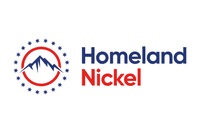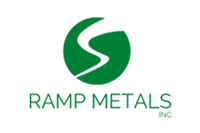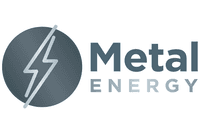Asian Firm Cutting Costs by Using More Nickel in EV Batteries
SK Innovation has modified its lithium-ion battery formula to include 20 percent more nickel and 50 percent less cobalt and manganese.
South Korea’s SK Innovation (KRX:096770) has begun commercial production of lithium-ion batteries with higher nickel content in order to cut costs and create longer-lasting batteries.
The company said on Thursday (August 31) that it has started making mid- and large-sized lithium-ion batteries composed of 80 percent nickel, 10 percent cobalt and 10 percent manganese. That’s compared to the typical lithium-ion battery ratio of 60 percent nickel, 20 percent cobalt and 20 percent manganese.
Lithium-ion batteries are used in electric vehicles, and demand for many of the metals used in these batteries has increased in recent months. Cobalt prices in particular have surged — on Thursday (August 31), cobalt was changing hands at $27.67 per pound, much higher than $5.24 per pound for nickel.
In addition to being cheaper than regular lithium-ion batteries, SK Innovation’s batteries will allow electric vehicles to travel about 100 kilometers further on a single charge. The batteries will initially be used in energy storage applications before making their way into electric vehicles by the third quarter of 2018.
“The batteries will help extend a driving range of electric vehicles up to 500 kms, and we will also develop new batteries by 2020 that can provide a range of more than 700 kms,” Lee Jon-ha, principal researcher at SK Innovation’s battery R&D center, said in a statement quoted by Reuters.
The company plans to raise battery production to 10 GWh by 2020, and hopes to gain a 30-percent share of the electric vehicle battery market by 2025. SK Innovation is currently a battery supplier for Mercedes-Benz, Kia Motors (KRX:000270) and BAIC Motor (HKEX:1958).
Other Asian firms, including Panasonic (TSE:6752), Samsung (KRX:005930) and LG Chem (KRX:051910), are also working to reduce the amount of cobalt they use in lithium-ion batteries. Samsung has said it expects the amount of cobalt per battery unit to decrease in the long term by about half of current levels.
In an August 18 report, BMI Research said nickel will remain an important component of batteries moving forward. The research firm said UBS (NYSE:UBS) believes nickel demand may rise anywhere from 10 to 40 percent in the next five years “depending on efforts to replace cobalt with nickel within cathodes in lithium-ion batteries.”
The lithium-ion battery market could be worth over $53 billion by 2024, according to Global Market Insights. Renewable and grid storage applications are expected to surpass $12 billion by 2024.
Don’t forget to follow us @INN_Resource for real-time news updates!
Securities Disclosure: I, Melissa Shaw, hold no direct investment interest in any company mentioned in this article.


